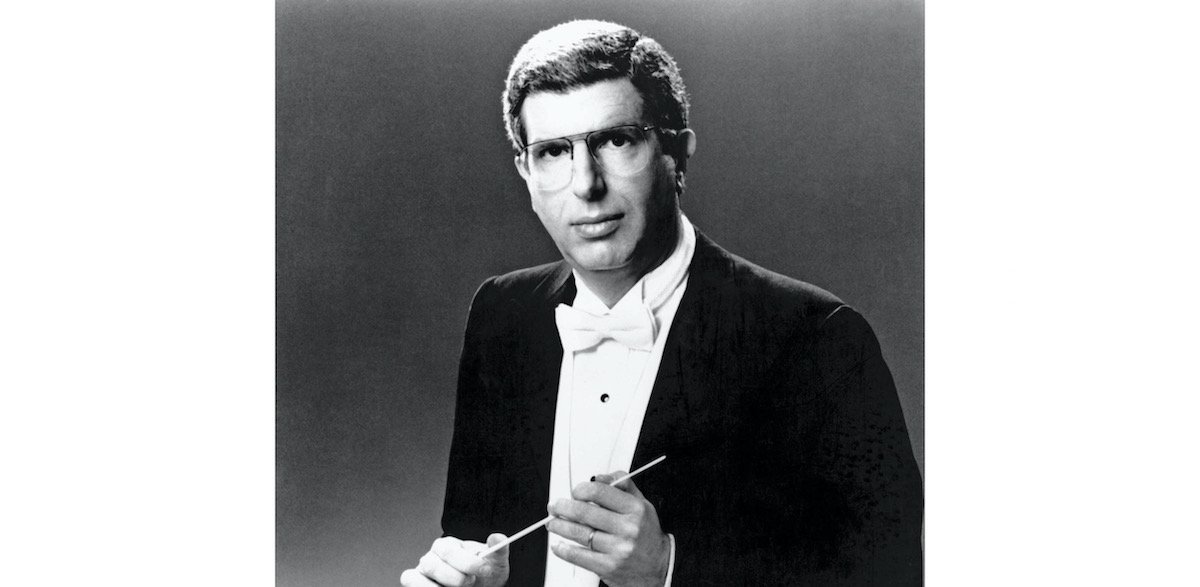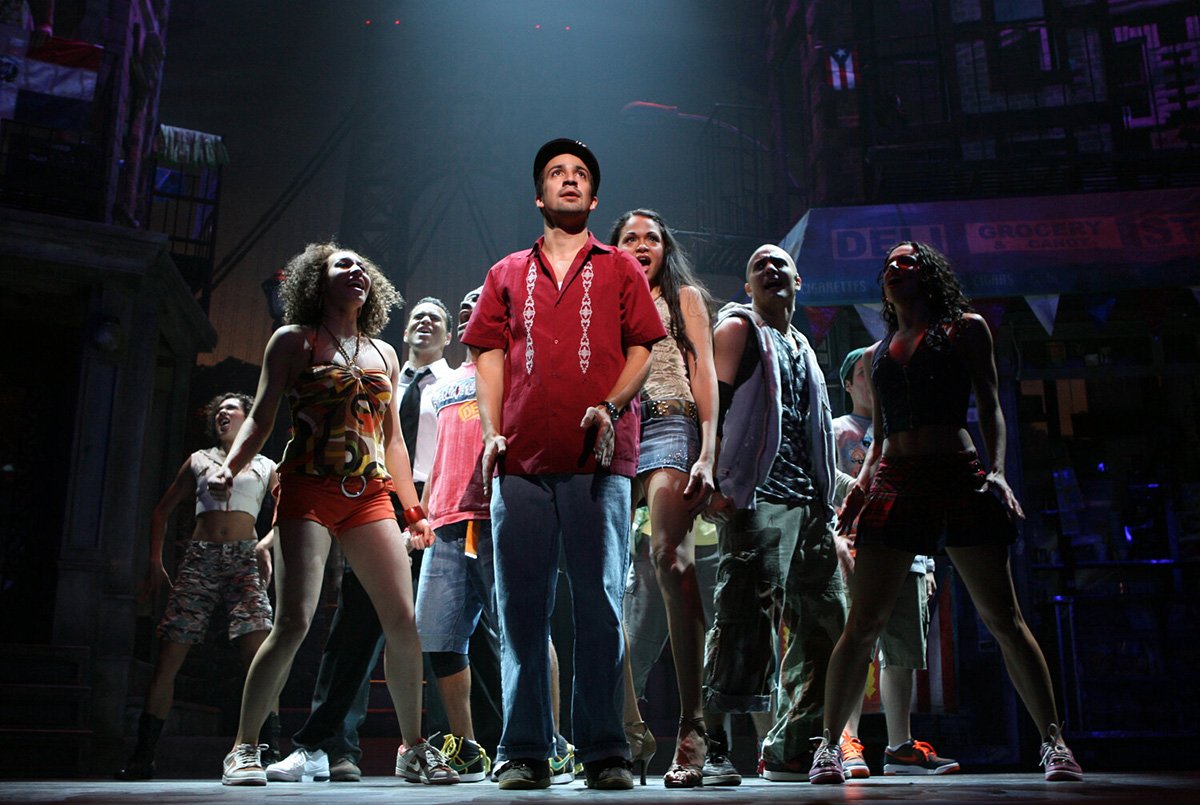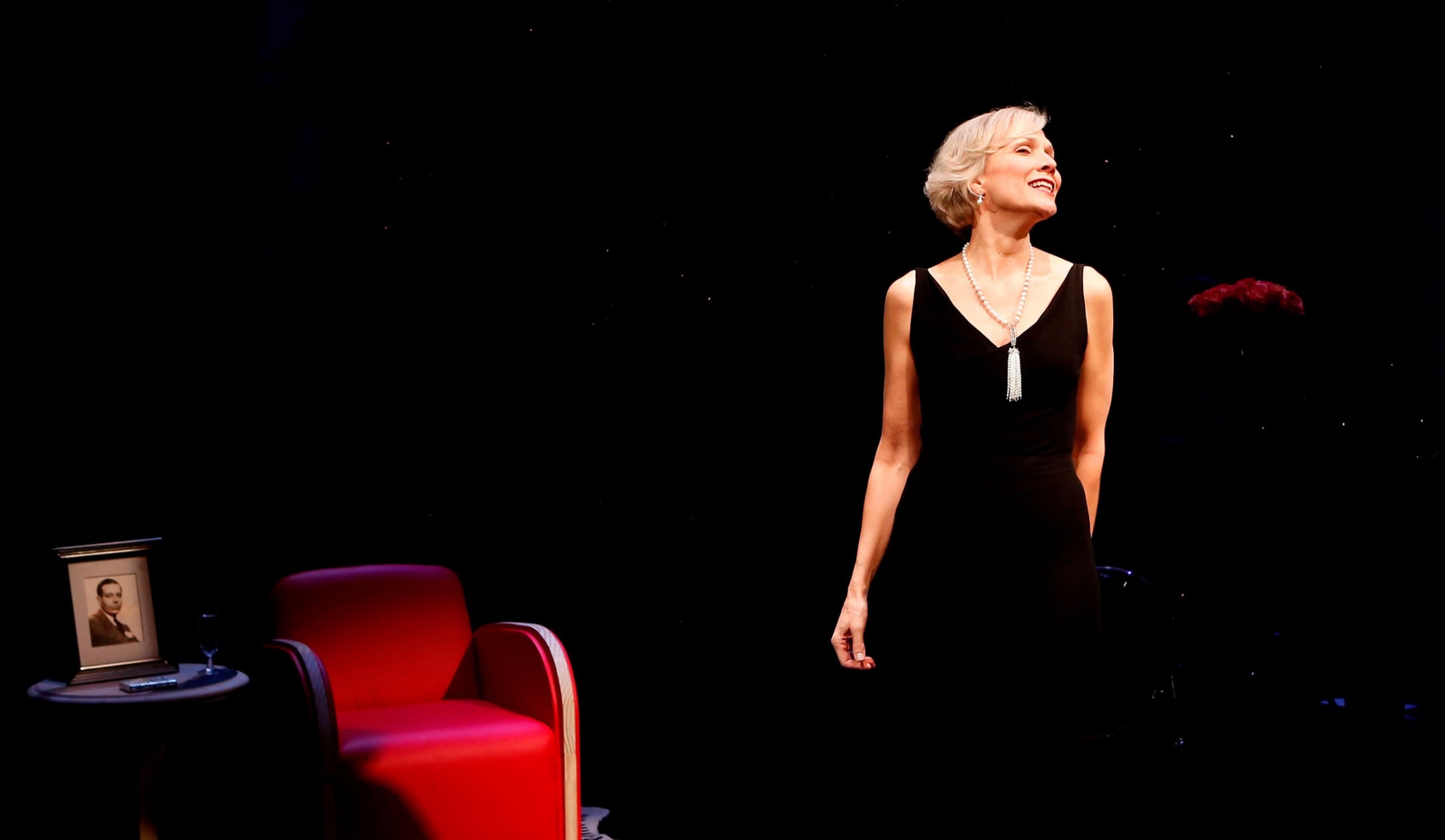
Right off the bat, this needs to be said: Marvin Hamlisch attended Juilliard when he was six years old.
Take all the time you need with that fact because from there on out, it only gets more impressive.
At 16, he was at the piano accompanying Judy Garland and Liza Minnelli at star-studded dinner parties. Before he was 21, he had written the bouncy and infectiously catchy “Sunshine, Lollipops and Rainbows” for Lesley Gore, earning him a spot in Billboard’s Top 100. He was a man of prodigious musical gifts, possessed of a 90-piece-brass-band personality. He dominated at the 1974 Oscars, strolling out of that ceremony with three statues under his arm before he turned 30.
Concord Theatricals celebrates Marvin Hamlisch as the only other person in history, after Richard Rodgers, who has won the PEGOT (Pulitzer, Emmy, Grammy, Oscar and Tony). Here’s a look at each of Marvin’s PEGOT accolades.
PULITZER
Score, A Chorus Line
Nine musicals have won the Pulitzer Prize for Drama in the history of this award, including Rodgers & Hammerstein’s South Pacific (US/UK) and Of Thee I Sing (US). A Chorus Line (US/UK), written with collaborators Edward Kleban (lyrics) and James Kirkwood and Nicholas Dante (book), joined the exclusive ranks of esteemed winners in 1976. The premise of the show is deceptively simple: dancers auditioning for an upcoming Broadway production introduce themselves to the director. What unfurls from there rightly seated A Chorus Line as one of the most relevant and poignant works in the American musical theatre canon.
The musical structure of “I Hope I Get It” is perfect. The quintessential Broadway opener, it sets the tone and the pace for the rest of the evening. What begins with a playful piano set-up builds on itself measure by measure with driving guitar until the brass erupts with the now-iconic theme. Phrases repeat and interrupt themselves frantically, expertly capturing the mania and cacophony of the audition process. This is the anthem for anyone who has not only auditioned for a show, but tried out for a team or interviewed for a job. Kleban’s tight lyrics are refreshingly without gloss and entirely universal, borne brilliantly over Hamlisch’s ferocious score.
EMMY
Outstanding Achievement in Music Direction / Music and Lyrics, Barbra: The Concert
The fateful musical partnership of Hamlisch and Streisand began with Funny Girl (US/UK) when Marvin was a music assistant and rehearsal pianist for the up-and-coming star. What blossomed between them was a decades-long collaboration filled with timeless scores and romantic melodies. Their most successful performance was the concert tour which Hamlisch music directed, arranged and scored. It was recorded at Madison Square Park in 1994 and subsequently aired on HBO. Over 11 million viewers tuned in; it was (and remains) the most-watched musical event in the history of the network.
“Ordinary Miracles” premiered in this concert, with the score by Marvin Hamlisch and lyrics by Alan and Marilyn Bergman. The melody is gentle but – in true Hamlisch fashion – jazzy and confident. The lyrics describe the lasting change that can occur through common kindness and empathy. With Barbra Streisand’s silver soaring voice serving up the clarion call over Marvin Hamlisch’s stirring music, it’s impossible to not feel inspired.
GRAMMY
Best Pop Instrumental Performance, “The Entertainer”
Credit where it’s due: Marvin Hamlisch also won the Grammy two years in a row (1973 and 1974, Album of Best Original Score and Song of the Year, respectively) with another Barbra Streisand collaboration. More on that lovely tune in a moment!
For the 1973 grifter caper The Sting, starring Paul Newman and Robert Redford, Marvin adapted and orchestrated Scott Joplin’s jaunty piano solo, “The Entertainer.” A bold choice for a film set in the 1930s, well after ragtime’s heyday. Chronological creative license aside, Joplin’s music is right at home in this film about the underbelly of Great Depression America gambling parlors and its vibrant (if a little morally ambiguous) cast of characters with their fashionable pinstripes and chiseled jaws.
Hamlisch’s version hit #3 in Billboard’s Hot 100 in May 1974, which reignited popular interest in Joplin’s other pieces. The song is ubiquitous in popular culture today. Hum a few bars anywhere in the world and ask someone to hum along: guaranteed they’ll know every note, even the musical button at the end!
OSCAR
Best Adaptation, The Sting
Best Original Song, Best Original Dramatic Score, The Way We Were
The 1974 Academy Awards belonged to Marvin Hamlisch.
Three awards were given for music; three awards went straight into his hand. In his first win for The Sting, he closed with gratitude for Scott Joplin’s music. With his second win – the first for “The Way We Were” – he was a little more self-deprecating and went so far as to thank Mylanta antacid medication in his acceptance speech.
“The Way We Were” was written specifically for Barbra Streisand – the first of many songs Marvin would compose with her voice in mind. The lyrics were by Alan and Marilyn Bergman, Marvin’s frequent co-writers. It topped the charts of the Billboard Hot 100 in February 1974 and was heralded as “one of the most recognizable songs in the world.”
When Marvin was originally hired to write the title song, Streisand had requested a lovelorn melody in a minor key. But Hamlisch savvily composed it in a major key, worried that the minor key would telegraph plot points to the film of heartbreak and loss. When he played the more hopeful version for her the first time, she agreed with his choice – so long as he rewrote the bridge to allow her to sing a higher (and thereby even more hopeful) melody. He agreed. Marvin would later describe their collaboration as “perfect,” for their ability to speak the language of music and produce one of their most successful songs of their combined careers.
Back to Oscar Night: by Marvin’s third win of the evening, and second for “The Way We Were,” his trademark directness and humor shone through, as he leveled with the cheering audience: “I feel we could talk as friends because I think I know you. So, Gang, listen to me!”
We’re listening, Marvin!
< h3 style=”white-space:pre-wrap;”>TONY
Best Original Score, A Chorus Line
It’s appropriate to close any Marvin Hamlisch retrospective with one last visit to those 17 dancers in the empty Broadway house.
Even as he was a student at Julliard and Queens College studying classical music theory, the endlessly New York-loyal Hamlisch saw Broadway as the pinnacle of achievement for a composer. He would return to Broadway many more times in his career. Every note in the score of A Chorus Line contributes texture and emotion to the characters’ stories. One song in particular has made indelible marks on pop culture writ-large, far beyond the Manhattan theatre scene.
The most popular song to make the leap from the theatre to the singles charts is the 11 o’clock number “What I Did For Love.” Moments after one of the dancers suffers an injury that ends his career in that moment, the director on the god mic asks the remaining group, “But if today were the day you had to stop dancing, how would you feel?”
Again, you can substitute “dancing” for anything meaningful in your life: writing, running, your job – literally anything. Therein lies the heartrending universality of this piece. And the answer to the director’s question in the music and the lyrics is tenderness and optimism that is never shimmery or cloying. The dancers know what they’ve been through today, and they know they’ll have to do the exact same song and dance tomorrow. To that end, the score provides a steady piano and kick-drum beat for the dancers to answer in stunningly layered harmony and simplicity: Can’t regret what I did for love.
Listen to even one bar of any song he composed during his career, and there can be only one foregone conclusion: There is love and generosity in every note of Marvin Hamlisch’s music.
We can’t help but be grateful for what he did for love.
…
For more information on the shows of Marvin Hamlisch, visit Concord Theatricals in the US or UK.

Great Roles for Latine Actors

A Feast of Titles Perfect for Thanksgiving


